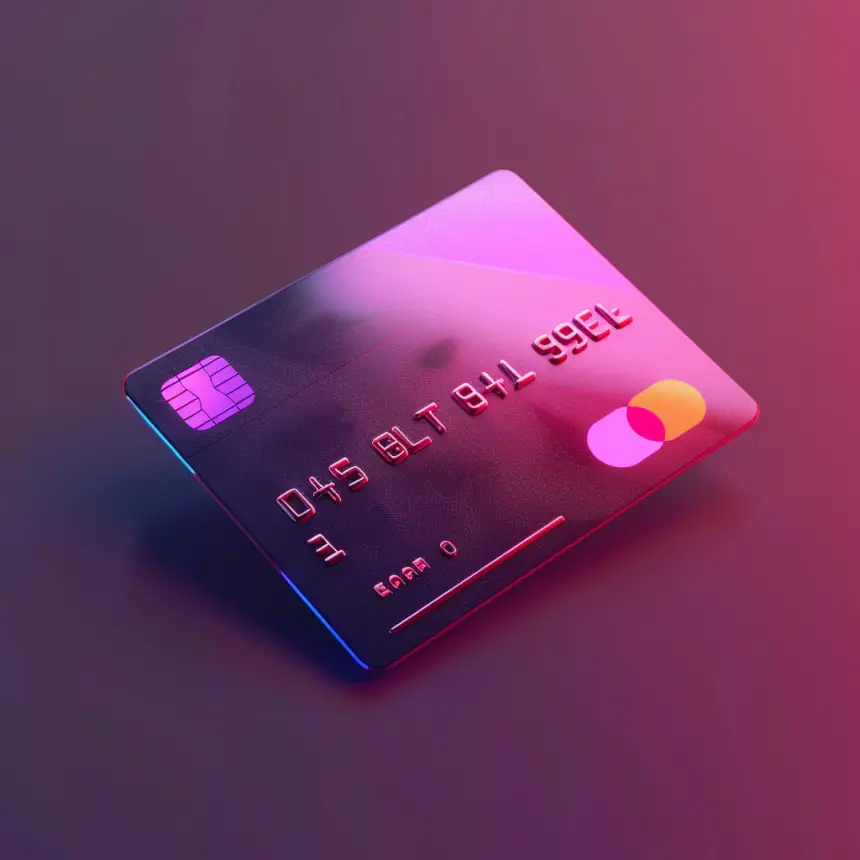Imagine a world where you are in control of your credit card payments, where the fear of mounting interest is a thing of the past. This is not a far-fetched dream, but a reality that can be achieved with the right knowledge and strategies. The key to unlocking this reality lies in understanding credit card interest. The more you know, the less you may have to pay. So, it’s time to start transforming the way you manage your credit card payments, don’t you think?
What’s the Credit Card Interest?
Credit card companies make money in two ways: fees they charge retailers when you use your card and the interest and fees they charge you. Interest is what credit card companies charge you for the privilege of borrowing money, typically expressed as an annual percentage rate (APR). Most credit cards have variable APRs that fluctuate with a particular benchmark, such as the prime rate. So, understanding how this works is crucial to managing your credit card payments effectively.
The Impact of Not Paying in Full
With most credit cards, you are only charged interest if you don’t pay your bill in full each month. In that case, the credit card company charges interest on your unpaid balance and adds that charge to your balance. This means that if you don’t pay off your balance in full the following month, you’ll pay interest on your interest. This is how credit card balances can grow rapidly and sometimes get out of hand.
Multiple Interest Rates
To further complicate matters, some credit cards charge multiple interest rates. For example, they may charge one rate on purchases, but another (usually higher) one on cash advances. If you carry a balance on your credit card, the card company multiplies it each day by a daily interest rate and adds that to what you owe. The daily rate is your annual interest rate (the APR) divided by 365.
Shopping for a Credit Card
Credit card interest rates vary widely, which is one reason to shop around if you want a new card. Typically, the better your credit, as represented by your credit score, the better the rate you’ll be eligible to receive. That’s because the credit card company will consider you to be less of a risk than someone with a lower score.
Understanding Your Credit Score
When you’re shopping for a credit card, knowing your credit score and the range into which it falls (such as excellent, good, fair, or poor) can help you determine which cards and what kinds of interest rates you might be eligible for before you apply. You can obtain your credit score for free at different websites and also from some credit card companies.
The Power of Paying More Than the Minimum
Paying twice your minimum or more can drastically cut down the time it takes to pay off the balance, which leads to lower interest charges in total. Of course, while it’s good to pay more than your minimum, it’s better not to carry a balance at all.
Investing vs Paying Off Credit Card Debt
Paying off a credit card balance is much like getting a guaranteed rate of return on your investment. So, when you have some cash to spare, it is almost always better to use it to reduce your credit card debt than to invest it. If you can pay off your balance and stop paying credit card interest altogether, you’ll find you have more money to invest in the future.
Consider Balance Transfer Credit Cards
If you’re eligible, consider transferring your current credit card balances to a balance transfer credit card with a lower rate. Many of these cards have promotional periods of six to 18 months over which they charge 0% interest on your balance, which can stop the clock on further interest charges and allow you to pay your balance down faster.
Prudent Financial Management
Understanding credit card interest is a crucial step in prudent financial management. By paying off your credit card bill every month, you can avoid the high interest charges. If you don’t think you can pay off your credit card bill every month, it’s important to set a budget and spend within your means to avoid building up debt. Remember, every little bit counts, and the power to manage your credit card payments effectively lies in your hands.



